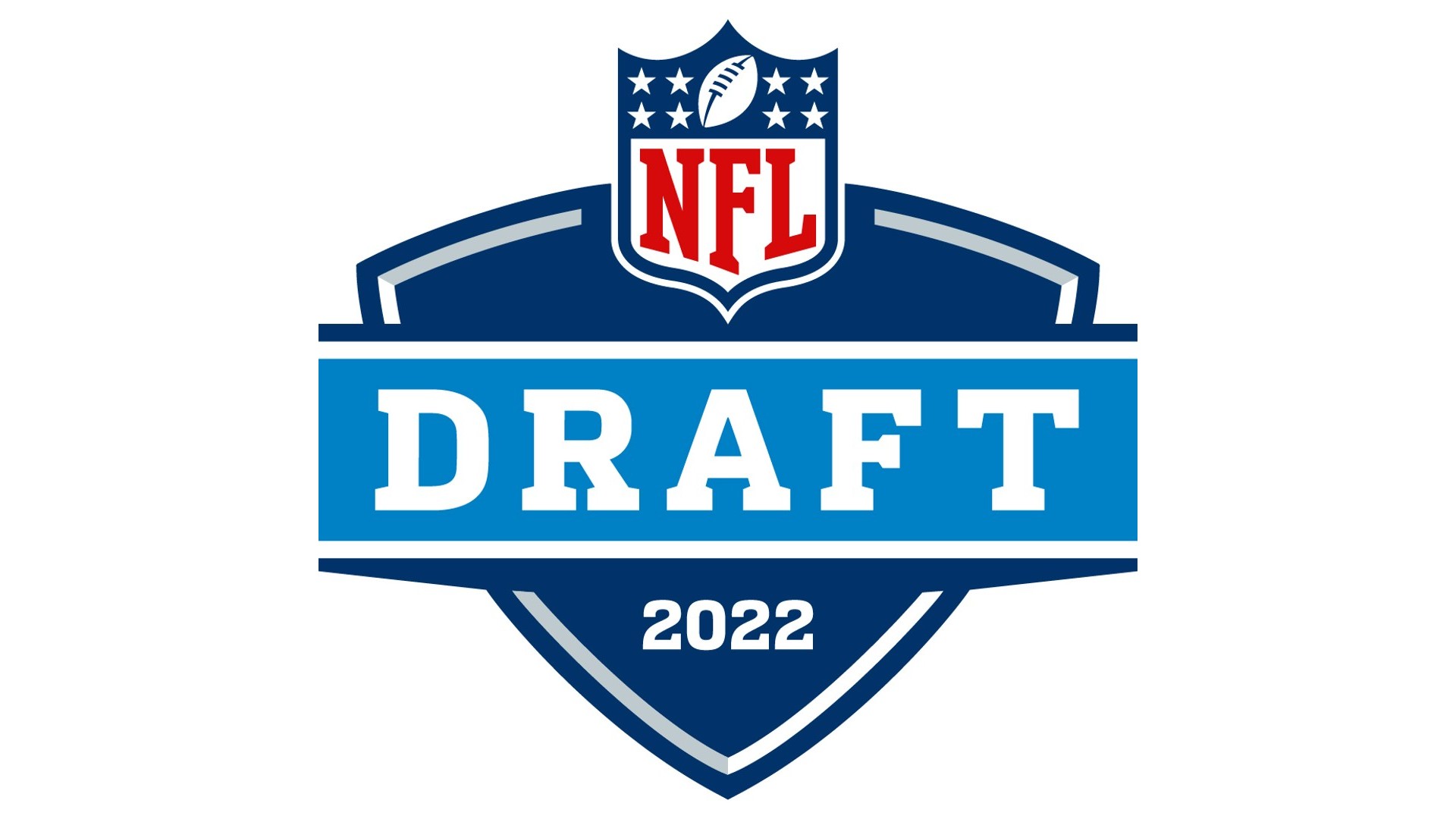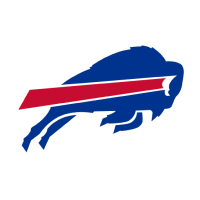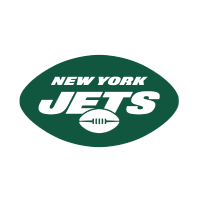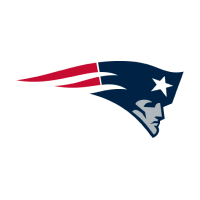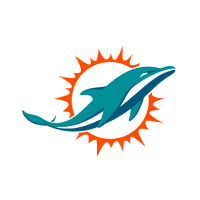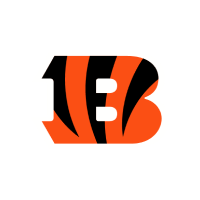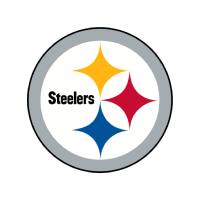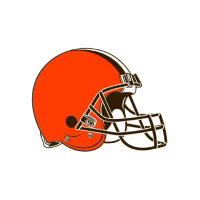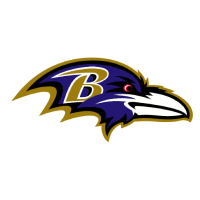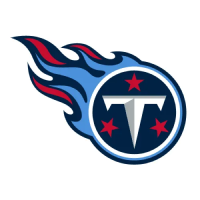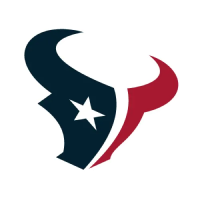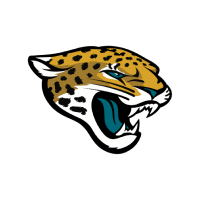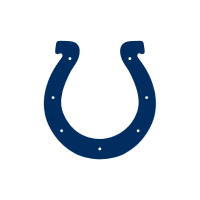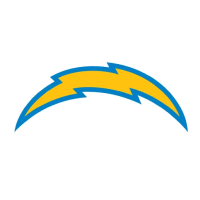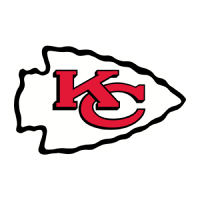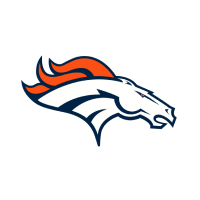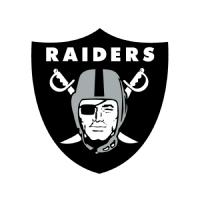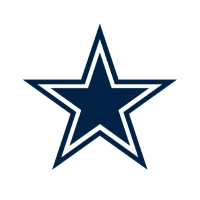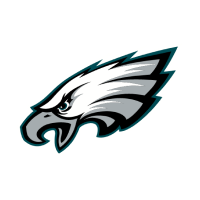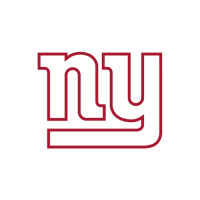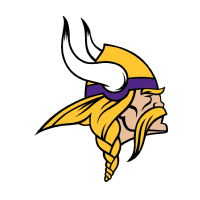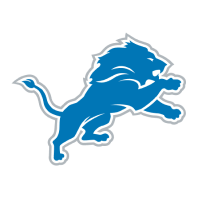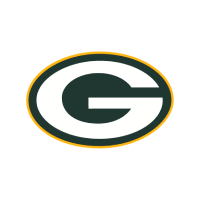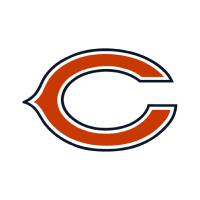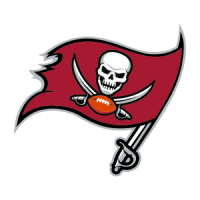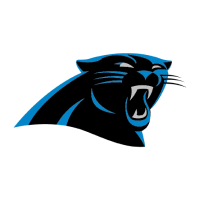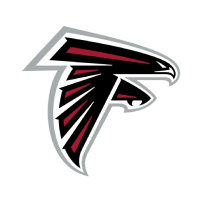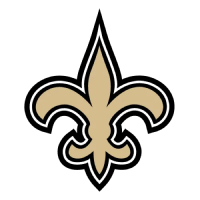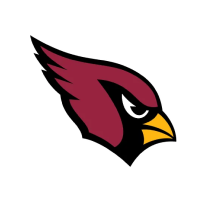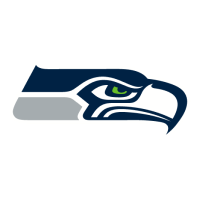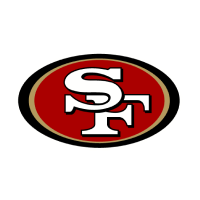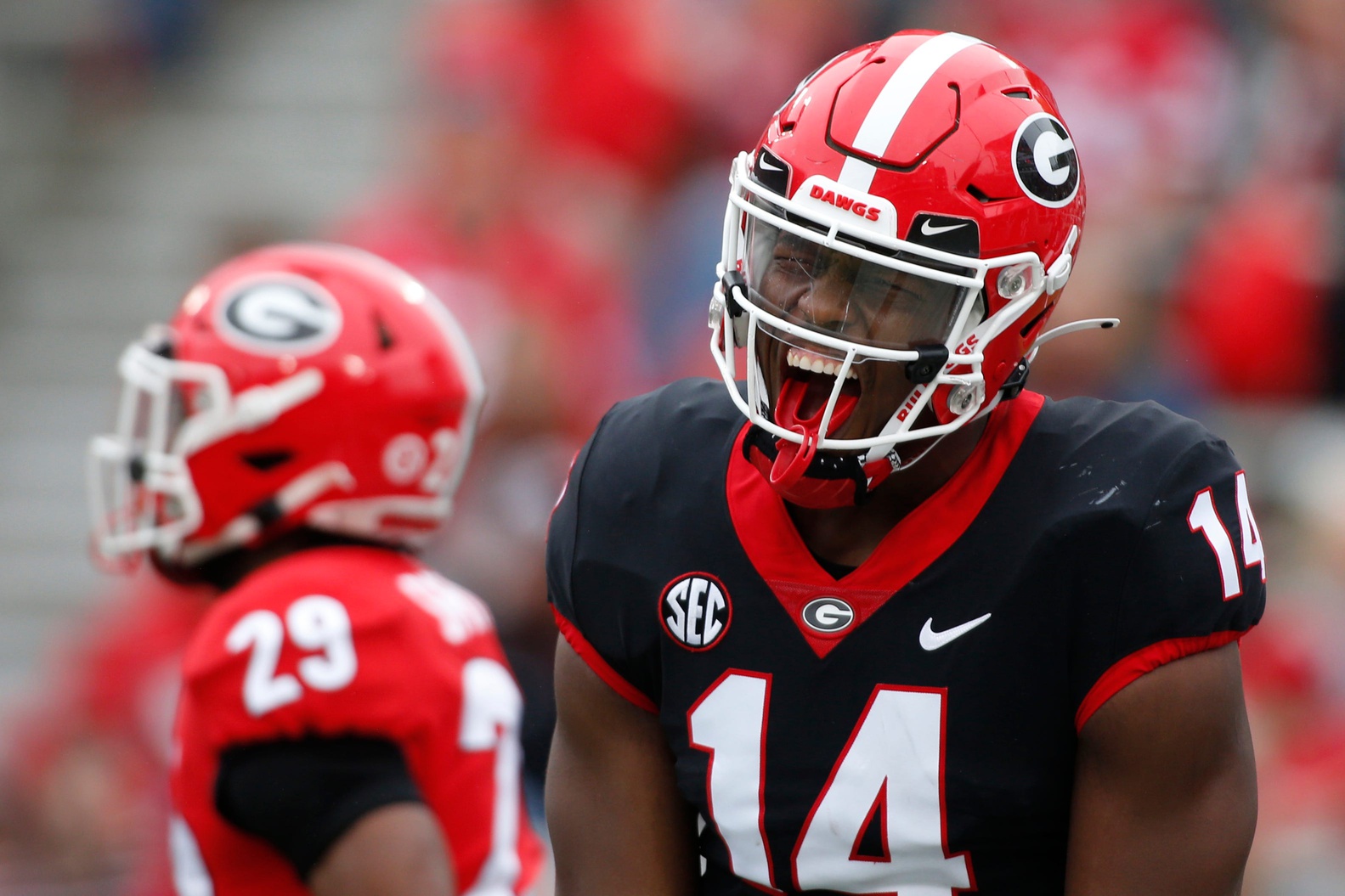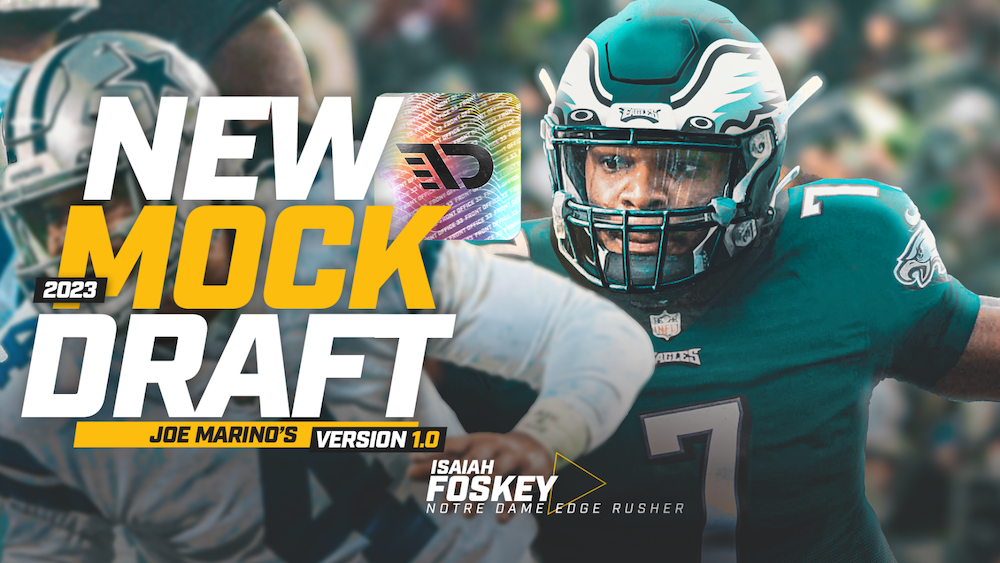For as many words as there are in the English language, it will still be hard to truly put into perspective the magnitude of Dak Prescott’s injury and the feelings it brought across the NFL world when it occurred.
But I will try my best.
Prescott was on pace to set the world on fire this season. Whether you put most of that on the fact that the Dallas Cowboys defense has been less-than-ideal, the fact that their offense has one of the best group of passing weapons in the league, or simply because Prescott himself is that damn good, it was the Cowboys’ franchise signal-caller who was the engine of one of the highest-scoring machines in the NFL.
That was until he suffered a right ankle compound fracture and dislocation on Sunday's game against the Giants, ending his season and putting his long-term future up in the air.
Prescott will exit the 2020 season on pace for some incredible numbers. His likely final stat line of 1,856 passing yards was on pace to break the league’s single-season passing record set by Peyton Manning back in 2013. Even if you wanted to say that on-pace stats rarely happen, sitting at 1,690 passing yards going into the week, Prescott would have had to average just 316 passing yards per game to break it. He was averaging 311 passing yards per game up to this point in his career—so the feat was truly not far off.
The scene in Dallas as Prescott was sitting on the field and the cart was coming out to get him was emotionally gripping. The silence in the stadium was so deafening it was like you could hear a pin drop, even from your living room as you watched on the broadcast. It was tough to watch as players huddled around him. It was heavy his former head coach Jason Garrett, who was in New York Giants blue on the other sideline, leave his post on the sideline as now a member of a division rival over to say some words to Prescott and the team. All while Tony Romo, the long-time Cowboys quarterback who Prescott replace in 2016, narrated the scene in a somber tone.
Beyond any stats you could use to claim Prescott as one of the best (of which there are many), it’s moments like that which prove to you his worth as a franchise quarterback—the respect his presence and personality commands, and connection he has with those around him.
Prescott was playing this season under the franchise tag for a guaranteed $31.4 million. After not being satisfied with any of the deals offered or the negotiation advancements between his camp and the Cowboys’ front office this offseason, Prescott bet on himself to prove he would be worth even more than what Dallas’ decision-makers were holding over him.
Prescott bet on himself, just like he had throughout his entire football career. He’d won those bets time and time again. This year was no different. And that’s why the franchise tag shouldn’t exist.
For the majority of the time in which sports leagues have existed, the power has been in the hands of the owners of the teams. As time has moved on, that has shifted, but the franchise tag in the NFL still prohibits players from cashing in on all their hard work in the form of their career’s biggest payday (something that they worked for that can set not just themselves but their family and their future families up for generations). They earned that. But the franchise tag holds them back from earning all that one team might deem they are worth. Why? Because of an outdated rule established in the early 90s which was put into place to give owners more time to negotiate deals that has now evolved into a tool that simply allows owners hold their most valuable players back from achieving what they deserve in the form of “business decisions.”
These owners don't need more time to make their top signings. They already have plenty of time. Is it advantageous for them? Of course it is; because it's a one-way street. An extension that can't get done in today's age is not an indication of lack of time. It's a lack of an agreement or a lack of planning. If you won't pay a player what they are demanding, perhaps someone else will. The players have earned the right to make that stand and test that value, but because of the franchise tag, if a player won't sign what a team is offering them (even if the deal is obviously below market value), they can force them to stay and avoid the chance to get paid what they're really worth. Teams get to hold on to their top players in a manner that gives them no say or option on the matter, keeping them from achieving their true value, both short-term and long-term.
It's not a "business risk" for Prescott to not take a deal less than what he knows he's worth—that he knows he can get on the open market. It's unfair control by a team to ask them to do so, and it rarely works out in the players' favor.
It is cruel, as is this.
There’s a phrase in football that goes “play every play like it’s your last.” The reason that phrase is so motivating is because it really could be. This is a violent game. Injuries are a part of them. That’s why when a player on your team holds his ground in negotiations to get as much as he can while health is on his side, you would be wise to hear out and understand their perspective outside of what might be best for the cap or for what the people at the top are offering them.
I feel for Prescott. He’s not dead, and I know many responses to this article may reference that as a form of not bringing as heavy of a reaction into this. But if you’re into sports—even if you’re not—what happened to Prescott should tug on the heartstrings of any human, and should be a moment where we think about how we can do better by these players.
Prescott came up from a redshirt and a backup role at Mississippi State to the most accomplished player in school history. He watched players like Jared Goff, Carson Wentz, Paxton Lynch, and Christian Hackenberg be the talk of his position in the 2016 NFL Draft, and after being selected in the fourth round, he began training camp fighting for just the backup spot. But after an injury to Romo in the preseason, Prescott took the reins. He has since never yielded them.
On a day in which Washington quarterback Alex Smith played his first snaps and made his first throws since suffering a gruesome leg injury in 2018, Prescott suffered his. I don’t say that to over dramatize things, but rather to give a positive outlook for a player who was clearly in the hearts and minds of everyone around him when he went down.
Prescott has bet on himself his entire football career. He’ll do so again as he climbs back from this unfortunate injury.
History tells us we shouldn’t bet against him.
Filed In
Related Articles
NFL Draft
Arik Gilbert Doesn’t Need Big Workload To Be A Top NFL Draft Pick
- Aug 22, 2022
NFL Draft
2023 NFL Mock Draft: Marino 1.0
- Aug 22, 2022
Written By
